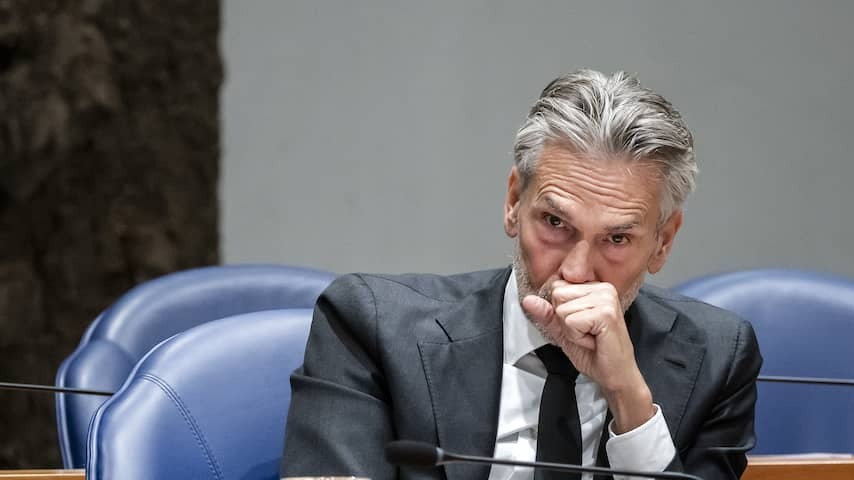
The fall of the Schoof cabinet could cause the Netherlands to miss out on a significant amount of European money. Almost 3 billion euros are waiting for the Netherlands, but various laws need to be implemented quickly. The cabinet’s collapse raises the question of whether this will succeed.
This concerns a law that should stimulate housing construction and one that should combat false self-employment. The energy law is also important.
These laws have already been drafted but are not yet in effect, for example, because they have not yet been approved by the House of Representatives and the Senate. But now that the cabinet has fallen, it is unclear whether rapid implementation is possible.
When a cabinet falls, many subjects are declared controversial. This means that steps can only be taken when there is a new government. Which subjects are controversial will be determined soon.
The relevant laws may therefore have to wait until there is a new government. But because new elections cannot take place until the fall, and a formation follows, a new cabinet may take a while.
The Netherlands has just over a year
The Netherlands must meet the requirements set by Brussels to receive the money by August 2026 at the latest. If this is not successful, our country may be cut in the billions of euros. This reduction can amount to hundreds of millions of euros.
This concerns money from the so-called resilience and recovery fund, which the European Union set up during the corona pandemic. The aim is to help countries recover from the corona crisis, which has hit many economies hard.
But to qualify for the money, countries must meet certain conditions in the field of, among other things, sustainable economic growth and innovation. And timely implementation of the aforementioned three laws is important.
Caretaker Minister of Finance Eelco Heinen already warned in April that the Netherlands could miss out. And on Wednesday, a new warning came from the European Commission. It issues recommendations for the economies of the member states every year, and Brussels had plenty of improvements in store for the Netherlands.
Approach nitrogen surplus needed
In addition to timely implementation of the three laws, the Netherlands would also do well to tackle the nitrogen problem. Many construction projects cannot proceed due to an excess of nitrogen. Therefore, politics should focus more on sustainable agriculture.
This should offer more space for stalled housing construction. The housing market also benefits from easier permit procedures. In construction projects that take ten years, six to seven years are often spent obtaining permits.
In addition, there was criticism of the high debts that many Dutch people have, especially mortgages. This is partly because home buyers in our country can finance a relatively large part of the purchase price with a loan. The mortgage interest deduction also plays a role.
This deduction scheme has been a source of criticism from abroad for years. For example, the IMF recently recommended phasing out the scheme. Yet politics does not want to do that. The deduction options have been reduced in recent years, but further reduction is not on the program.